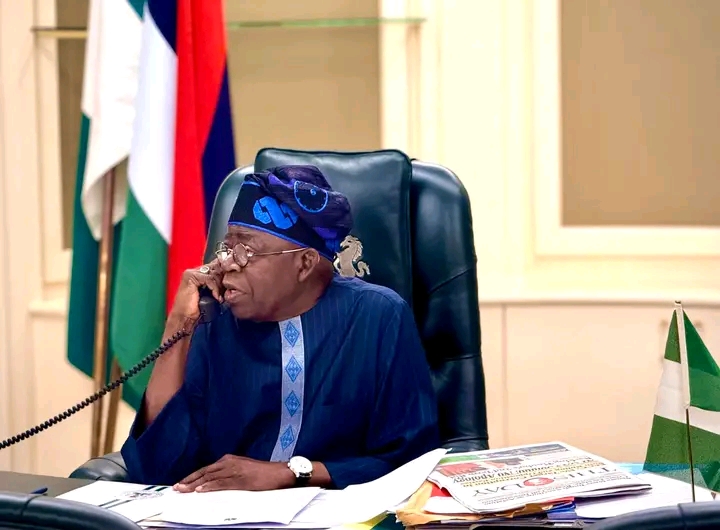By Abdul Lauya
President Bola Ahmed Tinubu departed Abuja today for a two-leg trip that will take him first to Japan for the Ninth Tokyo International Conference on African Development (TICAD-9) in Yokohama, and then to Brasília for a two-day state visit where he is scheduled to meet President Luiz Inácio Lula da Silva, hold a business forum, and witness the signing of cooperation agreements.
The Brazil stop will be his third visit to the country in nine months, following his attendance at the G20 Summit in Rio de Janeiro in November 2024 and the BRICS Summit in July 2025.
The Tokyo engagement, co-hosted by Japan alongside the UN, World Bank, and African Union, is expected to focus on courting Japanese capital in energy, infrastructure, and manufacturing. Nigeria’s delegation is banking on the conference’s thematic events and corporate showcases to attract transaction-level partnerships, risk-sharing frameworks, and skills transfer deals tied to local manufacturing.
Japan’s emphasis on private capital and disciplined project execution could be advantageous for Nigeria, provided the government comes armed with bankable project pipelines and clear offtake agreements.
In Brasília, Tinubu’s visit comes just weeks after Nigeria and Brazil announced a $1 billion package for mechanised farming, training hubs, and cooperation in energy and defence. The timing appears designed to move swiftly from announcement to implementation, locking in supplier lists, delivery timelines, and funding arrangements. Beyond agriculture, Brazil’s experience in sugarcane ethanol and large-scale agricultural extension offers a template for Nigeria’s food security and renewable energy ambitions.
Trade ties, however, have weakened over the past decade, and both governments have flagged the need to restore direct Lagos–São Paulo air links to ease cargo and passenger movement. Progress on such an air services agreement could have immediate benefits for agricultural exports and pharmaceutical imports.
Nigeria’s new “partner country” status in BRICS, under Brazil’s presidency this year, also provides an expanded platform for influence on issues like global governance reform, trade rules, and development finance. However, it comes with the challenge of balancing South–South solidarity with the need to avoid being caught in geopolitical frictions with major powers.
The success of this latest Brazil engagement, and indeed the entire trip, will hinge on whether it produces measurable results within months, signed supplier contracts for farm equipment, funded training centres, restored air routes, and concrete co-investments from Japan. Anything less risks turning the third Brazil visit into a diplomatic ritual rather than a strategic gain.
Frequent foreign travel by a sitting president often draws criticism at home, but if Tinubu can convert these high-level meetings into tangible deliverables, this itinerary may yet prove its worth.
For now, the trip is best seen as a conversion sprint, transforming political goodwill and international visibility into shovels in the ground, new markets opened, and real jobs created. The judgment will be straightforward: signed, funded, and delivered projects, or another stack of communiqués gathering dust.
For advert placement and inquiries, publication of press releases, and news coverages, please call: Phone: 08052898434 Email: editor@eyereporters.com, click here to view the advert rates.


